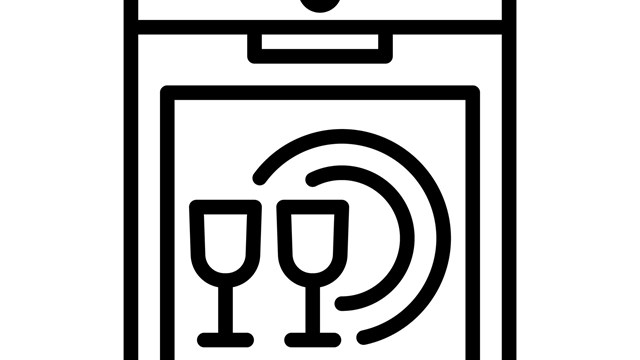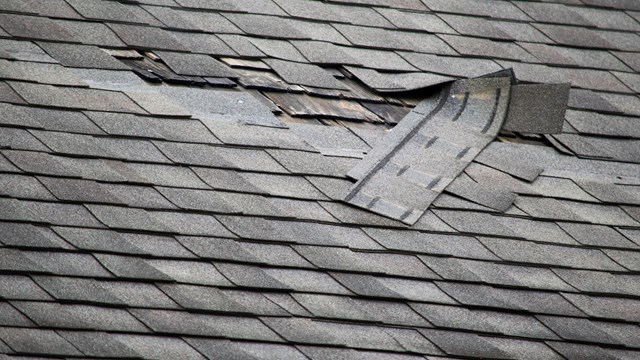
Q. We live in a waterfront condo of 51 homes. The owner of a unit had a window fail twice during high winds. He wants to pay the full cost of replacing the window, with a sliding door and balconies on the south exposure of his unit. He had an opinion from an architect that the ocean view of his neighbors to the west would have zero to minimal interference to there view.
Our board in wanting to be transparent with the residents asked for opinions from the entire community. The unit owners rejected the request based on the issue that we would be setting a precedent to allow the change, and the architect’s opinion is too vague.
The board by majority has voted to not allow the project to go forward. The owner is claiming breach of fiduciary responsibility, based on the fact it has taken him a year to get plans and zoning approval, and we are not mitigating the hazard.
We told him to have a custom-made window installed, but the owner is concerned that it will change the appearance of the community and it will not match his existing window. We realize he is pushing hard for the balconies. We are trying to figure out are next move as a board. Any thoughts?
—Condo Association in a Dilemma
A. “The question here is simply whether the board has a duty to a particular member (unit owner) to allow a significant architectural change,” says Ronald L. Perl, an attorney with Hill Wallack LLP based in New Jersey and Pennsylvania. “In my opinion it does not. The board has a duty to the association and its members to preserve and protect the property and to act in a manner consistent with the health, safety and welfare of the community as a whole. Fiduciary duty is a term that is thrown around too loosely, in my opinion. The term essentially includes two components, a duty of loyalty and a duty of care. The duty of loyalty in the association context involves acting in the best interests of the membership and not engage in self-dealing or conflicts of interest. A duty of care means that one must act competently and with reasonable care.
“The duty of loyalty is measured against the best interests of the membership as a whole, which may not be consistent with the best interests of a particular member. If a member acts in a way that is detrimental to the community, the board’s obligation is to protect the community’s interests, not the member’s particular interests. In the example the member with the defective window is entitled to the board’s cooperation in securing the installation of a window that will properly handle the conditions to which it is exposed. There are windows that are built for ocean exposures, so if an accommodation needs to be made to replace a substandard window with an appropriate window, the board should cooperate. However that cooperation does not include capitulation to the member’s every demand. The addition of a new slider and balconies is significant and the board must consider the overall impact on the building and the neighbors. The appearance of the building will significantly change and balconies could easily impact others. The assertion was made that the balconies would not affect any other views, but there are other effects to having balconies...including the presence of individuals on those balconies, which might result in noise, invasion of privacy or other negative impacts. In situations like this, boards sometimes engage the services of an architect to review the application and document the potential impact on the building. This is often done at the expense of the applicant. However in this case, the board may feel that the negative impact is quite apparent and an architect’s opinion will not assist in the decision-making process.
“In my opinion, the member seeking the change should have sought the association’s permission first, so going through a design and approval process was a risk that the member assumed. This is less a question of mitigating a hazard as it is the attempt of a member to do it in a way that may have a negative impact upon others. I commend the board’s willingness to be open and to seek the views of the other members. It is hard to believe that changing the style of the window will impact the community more than the installation of sliders and balconies in the same place. In my opinion, the board should stand firm and insist that the owner identify a replacement window that is reasonably conforming to the existing architecture and that is built for the ocean environment. It also behooves the board to obtain the advice of competent counsel in situations like this. This is a general impression based on a general statement of the issue and not a legal opinion on which a board should act.”









Leave a Comment